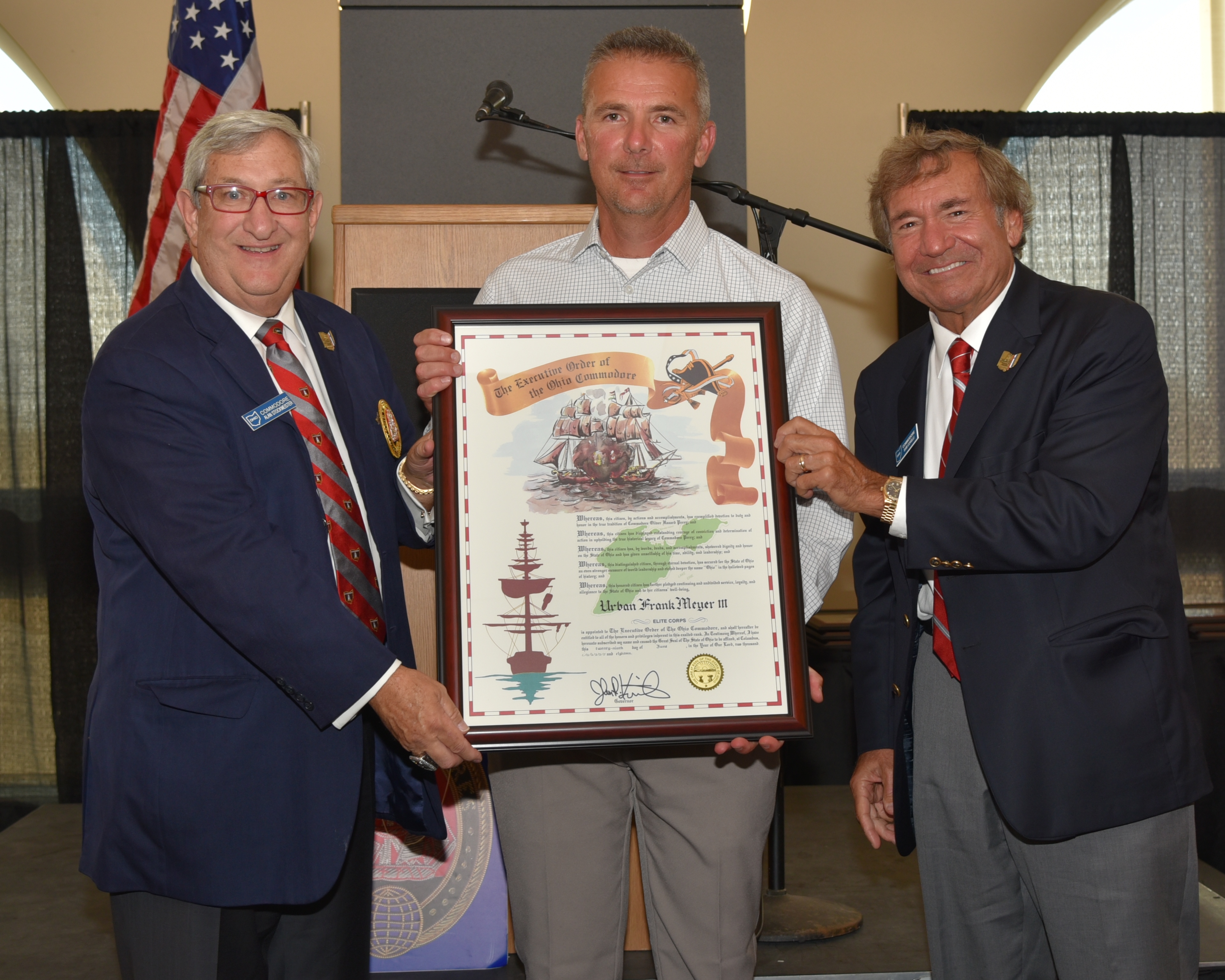
网站公告
more- MENGENAL MES... 25-05-11 02:07
- MENGENAL MES... 25-05-11 02:00
- Sand Cyclone... 25-05-11 01:56
- Diyarbakır A... 25-05-11 01:55
Assisting And Accessibility For Individuals
CharleneQuezada5 2025.05.07 00:51 查看 : 17
Individuals with impairments often struggle with major barriers in accessing various public spaces, including public transportation, restaurants, and retail malls, and even the simplest tasks can become difficult beyond a help system.

Assisting refers to the provision of assistance to individuals with impairments, ensuring they can move community spaces securely and independently. This aid can be given by experienced staff, volunteers, or personal members and friends. Assisting can range from basic tasks such as holding entrance open to more complex challenges like assisting someone with mobility impairments move stairs or use community transportation.
Visiting public spaces can be extremely overwhelming for individuals with disabilities. Barriers such as narrow sidewalks, lack of bump cuts, and inaccessible restrooms can turn a basic venture to the grocery store a formidable challenge.
In such cases, supporters can offer much-needed support and advocacy.
However, the concept of escorting also raises questions about accessibility and inclusivity. If we are to give escorted services, do we not need to make our public spaces more inclusive in the initial place? In other words, should we focus on building a world where people with disabilities can navigate freely rather than relying on supporters?
The simple answer is yes. We should strive to build inclusive settings that do not require assistance from escorts. However, we must recognize that for some individuals, escorted services can be a vital and valuable resource. Individuals with serious cognitive or physical impairments may need constant support and supporters can give this.
One way to strike a balance is to adopt hybrid models that merge inclusion with escorted services. This can include offering physical aid, using sound signals for the blind impaired, and offering Braille materials. Such services can enhance the overall experience of individuals with impairments while minimizing the need for supporters.
Ultimately, building inclusive settings requires a multifaceted strategy that covers inclusion, personal memories, and help systems. By prioritizing inclusion and fostering a community of acknowledgment, we can create a world where individuals with disabilities can navigate unrestrictedly, without relying on supporters. However, for those who do need escorted services, we must ensure that these services are given with empathy, paid female companions consideration, and understanding.
As we continue to endeavor for a more accessible and welcoming society, we must recognize the complexities and pluralities of supporting and accessibility. By working together, we can build public spaces that are friendly, accessible, and liberating for all independent of their disabilities.
?? 0
| 编号 | 标题 | 作者 |
|---|---|---|
| 219682 | %title% | LavonLeger1330380 |
| 219681 | %title% | GabrielleFults81 |
| 219680 | #1 Roof Replacement Jacksonville FL Company | RobbyBoisvert715 |
| 219679 | %title% | DesireeStricklin3 |
| 219678 | %title% | TamSpitzer2973273 |
| 219677 | %title% | JasonEow4853124723 |
| 219676 | %title% | GarryHoldsworth5 |
| 219675 | The Latest On Metabolic Treatments | Elida36N845078738303 |
| 219674 | Traeger Ironwood 650 Review - Overview | TPLPercy5027225486 |
| 219673 | %title% | LatanyaLessard84 |
| 219672 | %title% | Cesar81X4255682028 |
| 219671 | %title% | GlennPalma1502076 |
| 219670 | %title% | JacobRutledge59120 |
| 219669 | %title% | ArlieLindsley00 |
| 219668 | Solar Panel Revolution | IlseYbr48436988 |
| 219667 | %title% | InaKash0467743460 |
| 219666 | Tailoring Treatment Plans | Carlo4982654595 |
| 219665 | Restrictive Lung Disorder: Sorts, Causes & Therapy | BorisMarquardt31 |
| 219664 | Creating Phishing Sites For Online Banking: A Study On Cybersecurity Threats | StewartCaulfield |
| 219663 | Solar Panel Revolution | KarryBrito166022 |
Copyright © youlimart.com All Rights Reserved.鲁ICP备18045292号-2 鲁公网安备 37021402000770号

